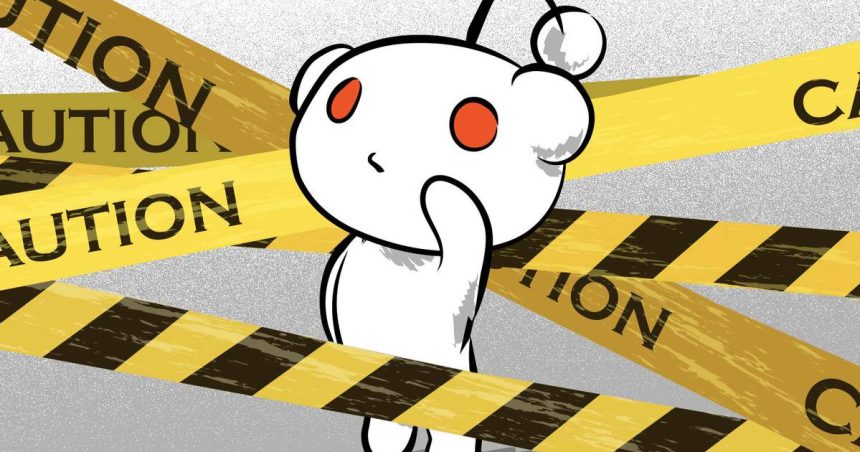Get marketing news you’ll actually want to read
Helping marketers make better decisions
Reddit will no longer let users opt out of ad personalization, the company’s head of privacy and assurance wrote in a post on the platform.
In the post, Jutta Williams said the “vast majority of redditors” won’t see any changes. According to Williams, advertisers use on-platform activity—such as which communities a user joins or which posts they upvote and downvote—to serve personalized ads.
“Reddit requires very little personal information, and we like it that way,” Williams wrote. When Marketing Brew reached out for more info, the company declined to comment.
However, Williams said users will soon be able to limit ads from categories like alcohol, dating, gambling, and parenting. The changes are expected to roll out in the coming weeks.
Williams noted that the ad personalization changes will only apply in certain countries, not specifying which ones would be affected. European countries could be exempt from the change due to the general data protection regulation (GDPR), the EU privacy law that requires companies to get consent from users before collecting their data.
In January, EU regulators said the way Meta receives consent from users for targeted advertising violated the GDPR, resulting in a 390 million euro fine for the company.
Meta has made changes since; as the Wall Street Journal reported in August, “since April, Meta has allowed users in Europe to request an opt-out from ads based on their activity in Meta apps, but only if a user completes a lengthy form on its help pages. That process likely has limited the number of people who have opted out.” According to the Journal, Meta might soon need to ask European users for more explicit consent.
Some users have criticized Reddit’s decision to no longer let them opt out of personalized ads. It’s not the first time the company has faced controversy this year: In June, a number of Reddit communities “went dark” to protest API changes. Last year, research found that Reddit’s advertising and brand safety policies appear inconsistent.
Read the full article here










